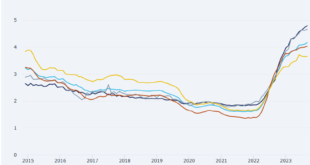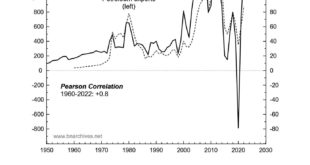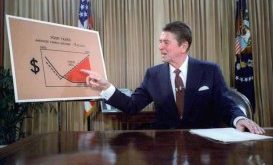from Peter Radford To ignore power is to ignore reality. How can you construct a theory of economic activity that excludes the power embedded in relationships between the various actors on the stage you are directing? More to the point why would you? To ignore power is to ignore reality. I think, perhaps we need to reverse those two questions. You see, power matters even in the construction of economic theories. The reason you ignore power is because the powerful want you to. It’s that...
Read More »Book reviews in the RWER Blog
Two days ago in a comment, Yoshinori Shiozawa offered the following suggestion. I have proposed to create a forum in which heterodox economists can inform each other and discuss the future directions of heterodox economics. The simplest and easiest [way] to start is to organize a series of book reviews (or paper reviews if necessary) in this RWER Blog. If the editors of this blog offer a space (a post for reviewing a book or a paper) once a month, or each two months, for example, it will...
Read More »The purist streak in economics
from Lars Syll So in what sense is this “dynamic stochastic general equilibrium” model firmly grounded in the principles of economic theory? I do not want to be misunderstood. Friends have reminded me that much of the effort of “modern macro” goes into the incorporation of important deviations from the Panglossian assumptions that underlie the simplistic application of the Ramsey model to positive macroeconomics. Research focuses on the implications of wage and price stickiness, gaps and...
Read More »The European Central Bank, “Fisher dynamics” and the dire plight of Euro Area households.
Will lower central bank interest rates at this moment lead to lower consumer rates? No, they won’t. The, at this moment, low rates on existing debt will continue to increase for years on end, cutting in household spending and hampering the possibility of households to pay down their debt. Figure 1. Interest rates for new mortgage contracts, the Netherlands. At this moment, Central Banks seem to take a break when it comes to increasing their interest rates. Maybe they will even...
Read More »Threats to the US dollar’s role as global reserve currency
from Maria Alejandra Madi and RWEA pedagogy Blog 2021 marked the 50th anniversary of the “weekend that changed the world”, when US President Richard Nixon suspended the convertibility of the dollar into gold. From a monetary point of view, since then there has been continued dominance of the dollar as a vehicle for international transactions. However, Is the dollar as the world’s reserve currency under attack? The dollar’s dominance in global markets is still significant, with its role in...
Read More »Weekend read – Blood and Oil in the Orient: A 2023 Update
from Shimshon Bichler and Jonathan Nitzan [1] The Hamas-Israel War The 2023 war between Hamas and Israel elicits many different explanations. As with previous regional hostilities, here too, the pundits and commentators have numerous overlapping processes to draw on – from the struggle between the Zionist and Palestinian national movements, to the deep hostility between the Rabbinate and Islamic churches, to the many conflicts between Israel and Arab/Muslim states, the contentions between...
Read More »Will China’s demographic crisis look like Japan and Korea’s?
from Dean Baker The New York Times seems to really love telling readers that China is facing a demographic crisis because its population is falling. It is not clear why the NYT thinks this amounts to a crisis for China, since many other countries have declining populations without experiencing any obvious crisis. The most obvious examples are two of China’s neighbors, Japan and Korea, both of which are seeing modest drops in population. In both countries, per capita income is continuing...
Read More »new RWER issue – 105
Please click here to support this open-access journal and the WEA RWER issue no. 105 download whole issue In Praise of Rebellion?Peter Radford2 Professor Stiglitz’s contributions to debates on intellectual propertyDean Baker 12 America’s trade deficits: blame U.S. policies – starting with tax lawsKenneth E. Austin 25 Extending the concept of inflation beyond consumer pricesMerijn Knibbe 46 History and origin of money in MMT and Austrian Economics:The difference methodology...
Read More »Economics and ideology
from Lars Syll Mainstream (neoclassical) economics has always put a strong emphasis on the positivist conception of the discipline, characterizing economists and their views as objective, unbiased, and non-ideological … Acknowledging that ideology resides quite comfortably in our economics departments would have huge intellectual implications, both theoretical and practical. In spite (or because?) of that, the matter has never been directly subjected to empirical scrutiny. In a recent...
Read More »Andreesen at bay
from Peter Radford The machine makers are restless! There’s quite a debate going on about something called “techno-optimism” which roughly translates as anything technological is good and will, inevitably, make us all much better off. That it makes fortunes for its owners is of secondary importance. The debate has emerged as a result of the publication of Marc Andreesen’s ‘Techno-Optimist Manifesto’, a strange and rather long paean to the many virtues of technology and the much more...
Read More » Real-World Economics Review
Real-World Economics Review




